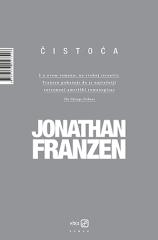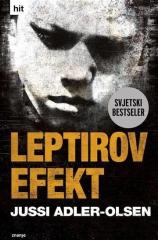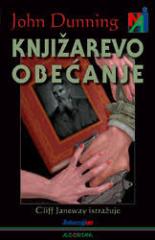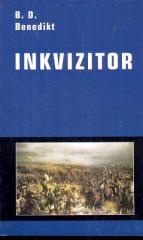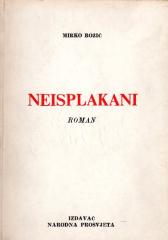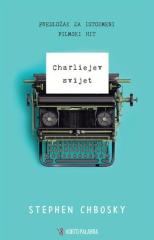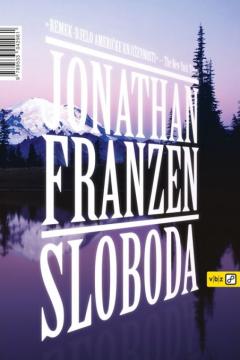
Sloboda
Jonathan Franzen's novel Freedom (2010), an epic family saga of the American middle class, dissects freedom as an illusion in an era of terrorism, environmental crises, and personal compromise. The title ironically mocks the American dream, where choices
The story begins in 2004 in St. Paul: neighbor Patrick Nicholson describes the Berglunds – Patty (an ambitious, unhappy housewife), Walter (an idealistic environmental activist), and their children: the rebellious Joey and the conscientious Jessica. In retrospect, Patty’s autobiography reveals trauma: rape in her youth, love for Walter’s friend Richard Katz (a rocker), marriage, a marriage of convenience, and motherhood as an escape from herself. Walter, the son of a laborer, fights to protect the spotted owls from the mines, but compromises himself with a corporate job for Windship, symbolizing the selling of ideals.
Joey, a conservative, becomes involved in the war industry and has an affair with his neighbor Connie; Jessica seeks independence. In the second part, 2006, the family falls apart: Patty sleeps with Richard, Walter goes to Virginia, where he falls in love with Lalitha and fights against coal. Joey marries young, but fails. Franzen mixes satire (politics, sex, environment) with deep characters: Patty as a "black hole" of love, Walter as a moralist in compromise.
The novel, a bestseller and a National Book Award finalist, criticizes hyper-individualism and consumerism, while celebrating family resilience. Through sharp dialogues and introspection, Franzen asks the question: Is freedom possible in a globalist world? Adapted into the 2024 series.
No copies available
The last copy was sold recently.
